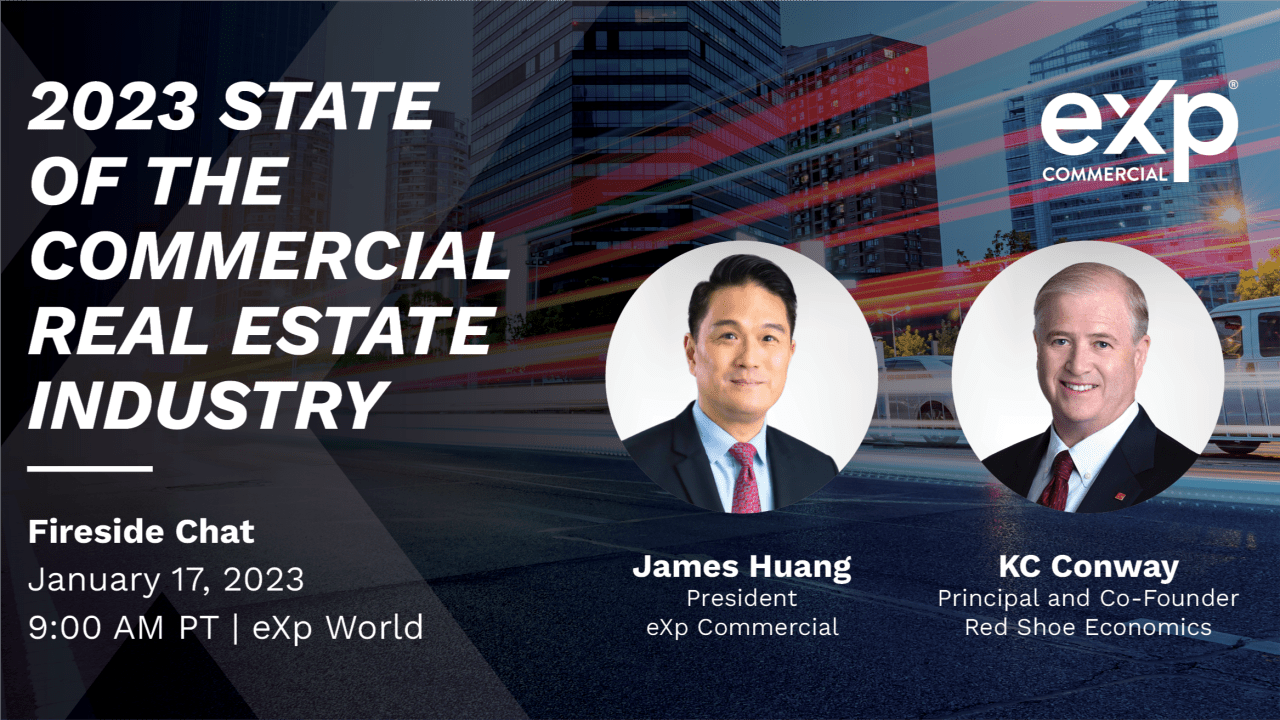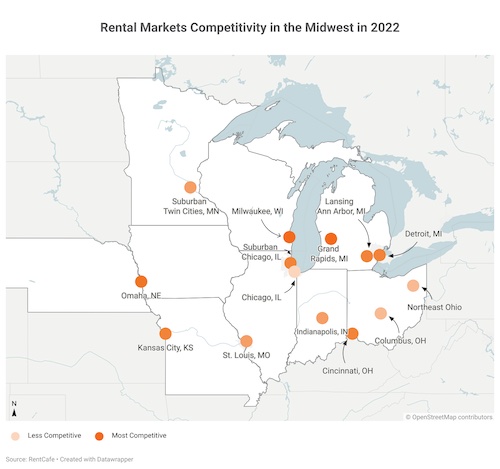
Multifamily brokers frequently hear this comment from apartment property owners: “I don’t want to list, but you can bring me a buyer.” Their reasons sometimes include previous bad experiences, fear of getting “tied up” in a formal agreement, tenants finding out the building is for sale and making anxious calls to management, thinking the commission will be halved, or not really being interested in selling. Whatever the reluctance, the reality is that if an investor wants or needs to sell, the best thing they can do is hire a broker. Let’s address a few of those common objections first.
If you had a previous bad experience, more than likely, you hired the wrong broker. The specific agent you hire or the firm they work for should have experience in both the geographic market and transaction size — ask for their track record. While you’re at it, ask for references from clients, and make sure at least one is for a listing that did not sell. These simple steps will give you insight into whether you’re working with a pro.
As for getting “tied up” or having anxious tenants because the building is selling, a professional broker typically allows you a cancellation right for the listing. If there are deadlines you need to meet, make sure your broker understands. And while no broker can guarantee tenants won’t find out the building is being sold, experienced brokers can modify marketing by limiting showings to only vacant units, specific hours for low visibility, limiting digital footprint tenants might see, etc., to reduce the probability of tenants finding out.
That said, the best course is simply to announce to tenants that the building has been listed for sale, explain the sale may not be successful, and assure them that their lease runs with the building, not the owner, and is their protection during the lease term against rent increases or being forced to move.
These are certainly not the only reasons clients are reluctant to list but whatever is yours, talk to your broker about your real concerns. A seasoned broker will most likely have previously faced a similar challenge and should be able to address your concern. But this only addresses your concerns about why you shouldn't hire a broker — it doesn’t explain why you should.
The first benefit is understanding the value of your property. A professional, qualified broker who specializes in your asset or area will be able to give you a price range to expect so that you can decide whether selling makes sense. If you move forward, this specialist will also have databases of the most qualified, active investors in the market and have relationships and influence with them. The ultimate buyer of your property will more than likely come from one of these relationships. But a broker won’t rely exclusively on these relationships. A good broker will also create a professional marketing plan with appropriate amounts of promotion across email, mail, websites, and listing services.
All this leads to the most important part of hiring a broker: competition. Trying to sell your building by letting a broker “bring you a buyer” is like having an auction for a painting, and one person shows up to bid. If the building is priced correctly, a professional marketing plan will create a competitive environment for investors so that the process itself determines not what the market wants to bid but what the market is willing to bid.
Larger portfolio owners might be reluctant to list with a specific broker because they have relationships with numerous brokers or firms in the market, and they don’t want to offend anyone by choosing a competitor. Instead, they tell every relationship to “bring me a buyer.” If this is you, think a few more steps down the chain of events.
First, this may only create chaos. You not only have brokers racing each other to bring clients, but each is advocating to you why their buyer is the best so that they can get the commission. Then you ultimately have to pick one buyer/broker anyway and disappoint the others after they’ve put work in. Alternatively, a listing agreement assures a commission for the listing agent if the property sells; therefore, there is no incentive to advocate for any one specific buyer.
An additional benefit of listing a property with a broker comes after a sale contract is signed. Any number of unexpected or challenging issues can arise during the escrow period of a sale. A seasoned broker has probably experienced something similar before. This person will also quarterback the entire process of due diligence, appraisal, and loan approval.
The most important benefit of exclusively listing your property with a broker is representation. You will have a hired gun with a fiduciary obligation to advocate for your best position in a deal. A professional broker will be ethical, transparent, and fair but will also be your personal fighter in the arena of marketing, negotiation, and escrow management.
This short list does not address every objection an owner would have for not listing, nor every benefit you receive from hiring a professional broker, but hopefully, it gives you a few things to consider. If you want to maximize your price and minimize your anxiety with the selling process, hire a broker. The benefits far outweigh the cost.
Have you thought of selling your property and would like to know what it's worth? Request a valuation for your property below:
Request Valuation
eXp Commercial Chicago Multifamily Brokerage focuses on listing and selling multifamily properties throughout the Chicago Area and Suburbs.
We don’t just market properties; we make a market for each property we represent. Each offering is thoroughly underwritten, aggressively priced, and accompanied by loan quotes to expedite the sales process. We leverage our broad national marketing platform syndicating to the top CRE Listing Sites for maximum exposure combined with an orchestrated competitive bidding process that yields higher sales prices for your property.
https://www.creconsult.net/market-trends/if-youre-hesitant-to-hire-a-broker-for-your-multifamily-property-read-this/



 [button text="Register now" expand="true" link="https://share.hsforms.com/1J66iDYvTTHStNTtZ5bOP4w470ju" target="_blank"]
[button text="Register now" expand="true" link="https://share.hsforms.com/1J66iDYvTTHStNTtZ5bOP4w470ju" target="_blank"]


